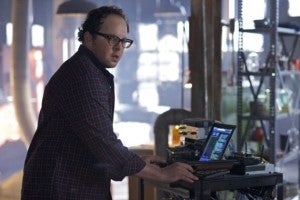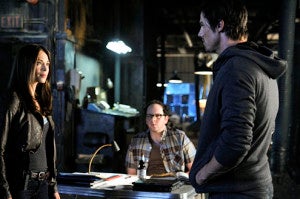With The CW’s Beauty & the Beast just renewed for a second season, fans of the show have at least one more year coming up…but that’s not how it’s always been.When ComicBook.com spoke with Austin Basis–who plays J.T. Forbes on the cult-hit series–earlier this year, we talked about the uncertainty of working on a series that’s on the bubble–a feeling he can now step away from at least for the time being.
Exclusive: Beauty & the Beast’s Austin Basis Talks the First Season
With The CW’s Beauty & the Beast just renewed for a second season, fans of the show have at least […]












